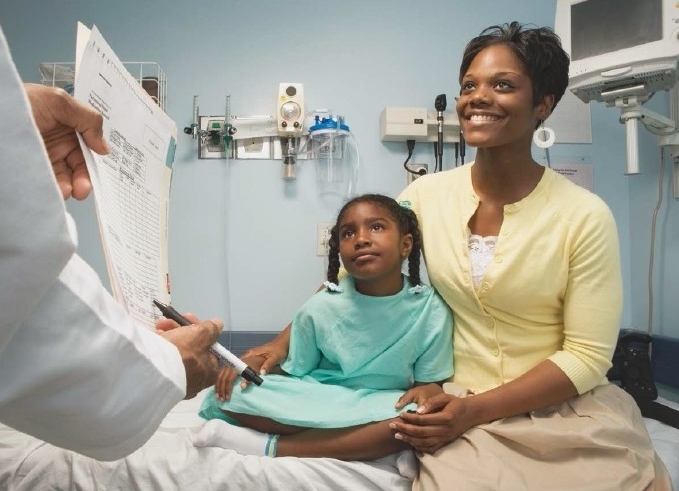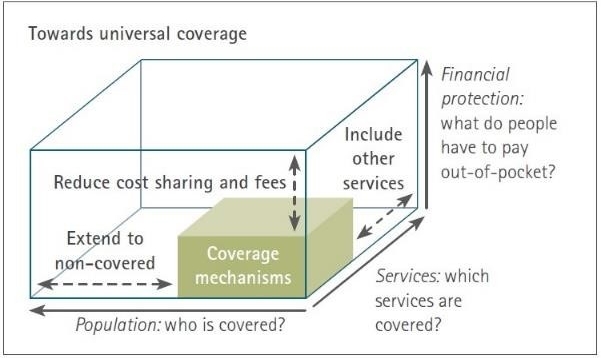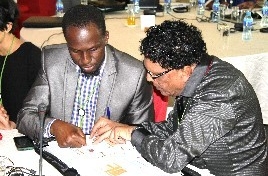
Africa is confronting a growing and changing disease burden with limited financial and other resources. In addition, African health systems have not responded adequately to changing demands. For health and finance ministries, the challenge is to find and agree on the reform options or policy alternatives that improve health service delivery prospects. It is for this reason that CABRI, in collaboration with WHO, OECD and the Global Fund, organised a health financing conference held in Dar-es-Salaam on 30th November and 1st December 2015 for officials in health and finance ministries. The conference agreed that universal health coverage is a worthy goal and that countries need to build fiscal space, improve efficiency, invest in health priorities, deepen inter-ministerial dialogue and perhaps most importantly, build resilient health systems that can withstand the growing disease burden and mitigate eventual pandemics on the continent.

The recent Ebola outbreak which affected some West African countries, mainly Guinea, Liberia and Sierra Leone revealed how unprepared our health systems are. According the International Journal of Infectious Diseases (2015), the direct financial cost of Ebola is estimated to be approximately 6 billion US dollars and global economic losses over 15 billion dollars. Ebola is not the first costly disease either: According to the World Bank, from 1997-2009, six major diseases, including Ebola, SARS, Avian and H1N1 flu, caused an estimated 80 billion USD in economic losses. Another pandemic will come and the questions is: how can we be better prepared for it?

The health official from Seychelles shared that the country is vulnerable to viral outbreaks and therefore consistent measures are put in place for prevention, planning and coordination. In the event of an outbreak, a centralised contingency fund is available for mitigation. As part of their prevention efforts, Tunisia invests in an early warning system. It is a system that provides surveillance and detects public health incidents that require rapid response. Data collection, risk mapping, and communication, among others, are part and parcel of the process.
The conference also recognised the need for regional coordination in addition to national efforts to strengthen health systems. A robust health system with sophisticated surveillance and resources will not make a meaningful impact if that country’s neighbours are high risk and have weak systems. At the conference, countries recognised this and shared that in West Africa, for example, countries are working together on how to respond to future epidemics.
In general, African countries are becoming better prepared as shown by the steps many are taking to build up their health systems. It was recognised that donor alignment to health systems’ priorities is important, but going forward, countries need to rely more on domestic resource mobilisation to build the fiscal space needed for strengthening and maintaining health systems.